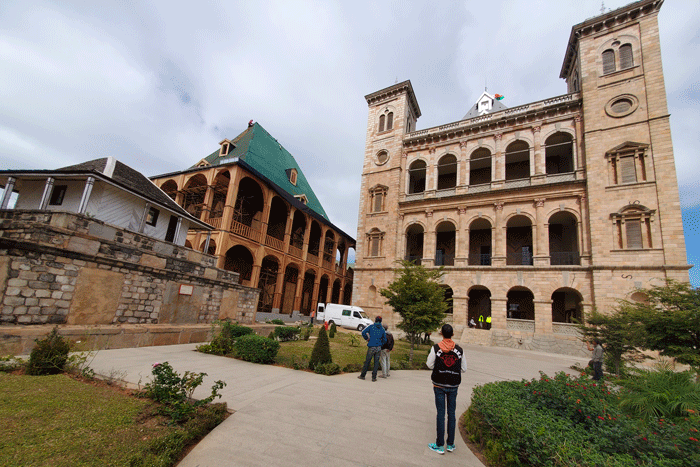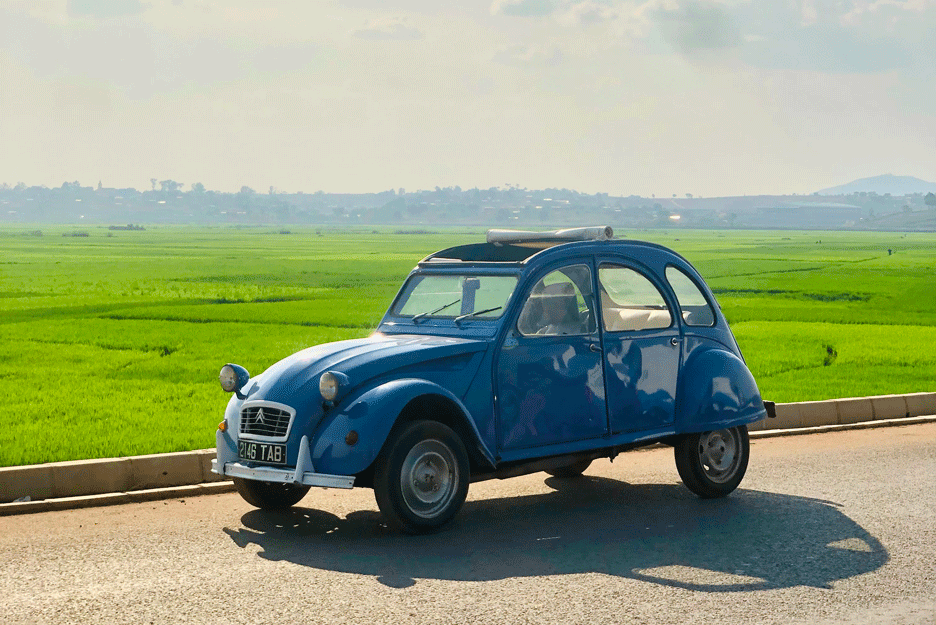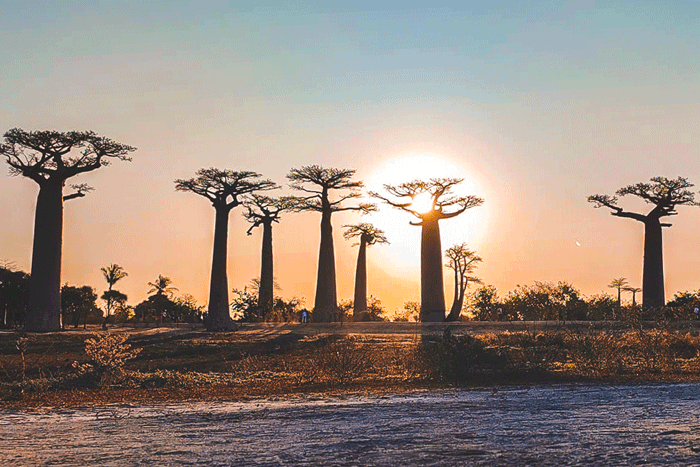The Tromba
Tromba is a popular traditional custom and rite, symbolising a profound attachment between the living and their ancestors. This traditional practice is widespread among several ethnic groups in Madagascar, notably the Sakalava. When you travel frequently in northern Madagascar, especially in the Mahajanga region, you will have many occasion to meet numerous people involved in these Tromba ceremonies.

What is Tromba ?
Tromba, also known as the cult of possession in Madagascar, is a ritual in which the spirits of royal ancestors are invoked by the living. These spirits then communicate through the bodies of the mediums. The Tromba acts as an intermediary between the worlds of the dead and the living, strengthening the alliance with the royal spirits and facilitating exchanges between the ancestors and their descendants.
Sometimes the spirit chooses directly to seek refuge in the body of a person who is still alive. During the period of possession, the person can ask the Tromba for anything they wish. In exchange, the Tromba can replicate and use the person’s body according to its own desires, based on its previous life. For example, if the Tromba was a former king, the person may momentarily adopt royal attitudes and behaviour.
Tromba is commonly practised in the north-west region of Madagascar, in the Imerina and in the south of the island. The ceremonies generally take place outdoors or in places specifically set aside for the purpose. The names of these ceremonies vary according to the ethnic group practising them.
The Tromba Ceremony :
The Tromba ceremony may vary according to the ethnic group practising it, but generally speaking, the ceremonies begin with slow or plaintive music that gradually speeds up. The mediums, often seated in the middle of the audience, enter into a trance to the rhythm of the music played by the musicians.
As the trance progresses, the mediums change their behaviour, convulse and lose control of their bodies, giving way to the spirit that possesses them.
Once possessed, the medium can take on the voice of the spirit and transmit messages, advice or warnings to the living.
Cultural significance
The Tromba is an important symbol of Malagasy culture, illustrating the belief that ancestors continue to watch over their descendants after death.
It reflects the Malagasy vision of a society that includes both the living and the dead, where both help each other for the well-being of the community.
Participation and Observation
Tourists and visitors can take part in these ceremonies, for an immersive and profound cultural experience, but beware: it is important to approach these rituals with respect and sensitivity, given their profound significance for the local community.
Need assistance?
Do not hesitate to contact our Madagascar specialists

Lemurs Meeting

Antananarivo day tour
Other travel guides that may help you

The Fady to respect in Madagascar
Fady or taboos play an important role in Madagascan society.

Public Transport in Madagascar
Madagascar has different types of public transport that could be useful to you.

Accommodation in Madagascar
Madagascar has a wide range of accommodation to cater for all tastes.




